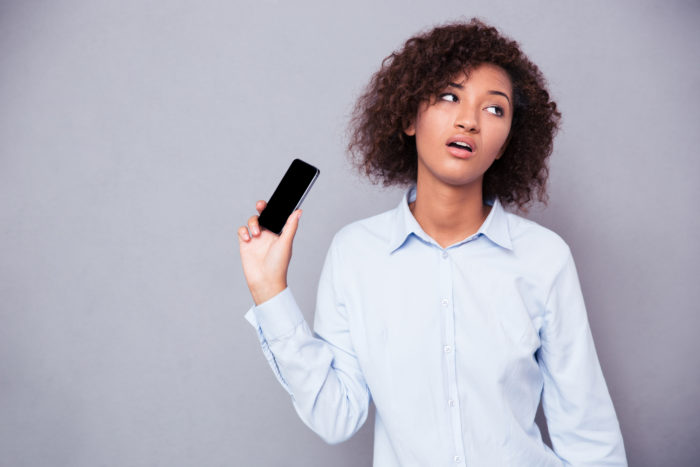 A class action lawsuit claims that Grubhub unlawfully places unwanted calls to customers despite the fact that the food delivery service tells consumers the calls will stop.
A class action lawsuit claims that Grubhub unlawfully places unwanted calls to customers despite the fact that the food delivery service tells consumers the calls will stop.
Plaintiff Donna Marshall says Grubhub sent her dozens of prerecorded messages on her cell phone and if she didn’t pick up the call, the messages were left as a voicemail.
Marshall states that after she received the initial phone calls, she called Grubhub to ask that they stop calling her.
Allegedly, a company representative assured her that it would investigate the situation. She says that later on, a Grubhub representative called her saying that “the problem was fixed and the calls would stop.”
However, the Grubhub class action states that the calls did not stop as Grubhub had said they would. Marshall says she called Grubhub a second time to request that they stop calling her, to no avail.
The Grubhub robocalls class action lawsuit asserts that the food delivery service sent similar robocalls to many customers, in violation of the Telephone Consumer Protection Act.
The TPCA prohibits businesses from calling people who have not given their express consent to be contacted, and the Grubhub class action lawsuit asserts that “many of the people, including [Marshall], to whom Grubhub made, or caused to be made, autodialed or prerecorded-voice calls, never expressly consented to receive such calls. In fact, many expressly told Grubhub not to call their phones, like Marshall.”
Marshall wants the court to require Grubhub to stop placing robocalls, and asks that Grubhub be required to hire an independent auditor to analyze at least 10 percent of the company’s outgoing calls and issue reports on the results “to ensure that Grubhub had consent and that the customer had not previously asked that calls stop.”
The Grubhub class action states that Marshall and other affected customers are entitled to statutory damages, and damages to compensate them for the injury they suffered because of the company’s calls.
Marshall’s Grubhub TCPA class action lawsuit is only one of a number of similar claims waged against the company over spam calls.
A stay was lifted on a separate spam calls class action lawsuit, meaning that Grubhub will have to face the TCPA claims. In that case, a customer claimed that Ghubhub sent both text messages and robocalls to consumers.
In yet another case, Grubhub settled claims with a customer who said that Grubhub sent messages to thousands of customers — the deal that was reached was $8 million, paid not by Grubhub’s insurer, but by the company itself.
Marshall is represented by Alexander H. Burke and Daniel J. Marovitch of Burke Law Offices LLC and James M. Feagle, Clifton Dorsen, Justin T. Holcombe, and Kris K. Skaar of Skaar & Feagle LLP.
The Grubhub Spam Calls Class Action Lawsuit is Donna Marshall v. Grubhub Inc., Case No. 1:19-cv-03718, in the U.S. District Court for the Northern District of Illinois.
Join a Free TCPA Class Action Lawsuit Investigation
If you were contacted on your cell phone by a company via an unsolicited text message (text spam) or prerecorded voice message (robocall), you may be eligible for compensation under the Telephone Consumer Protection Act.
GET A FREE CASE EVALUATION NOW
ATTORNEY ADVERTISING
Top Class Actions is a Proud Member of the American Bar Association
LEGAL INFORMATION IS NOT LEGAL ADVICE
Top Class Actions Legal Statement
©2008 – 2025 Top Class Actions® LLC
Various Trademarks held by their respective owners
This website is not intended for viewing or usage by European Union citizens.


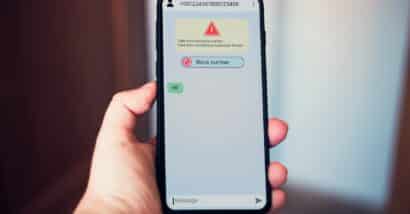




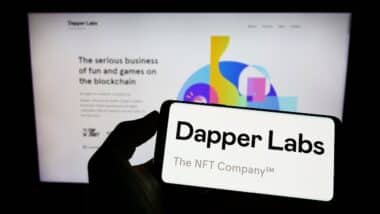
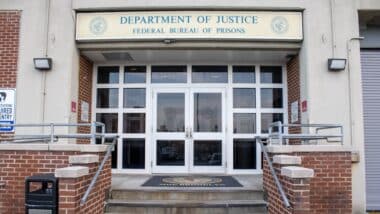

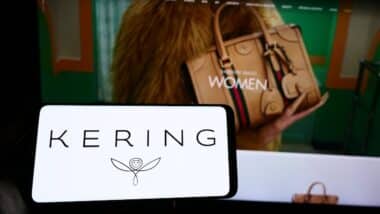
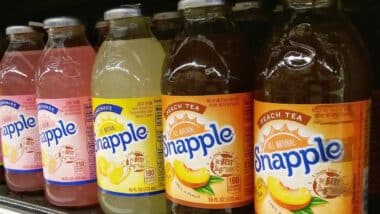

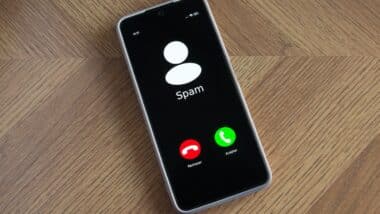

5 thoughts onGrubhub Class Action Says Robocalls Won’t Stop
Add me please
Please add me
Please add me
Add me
please add me